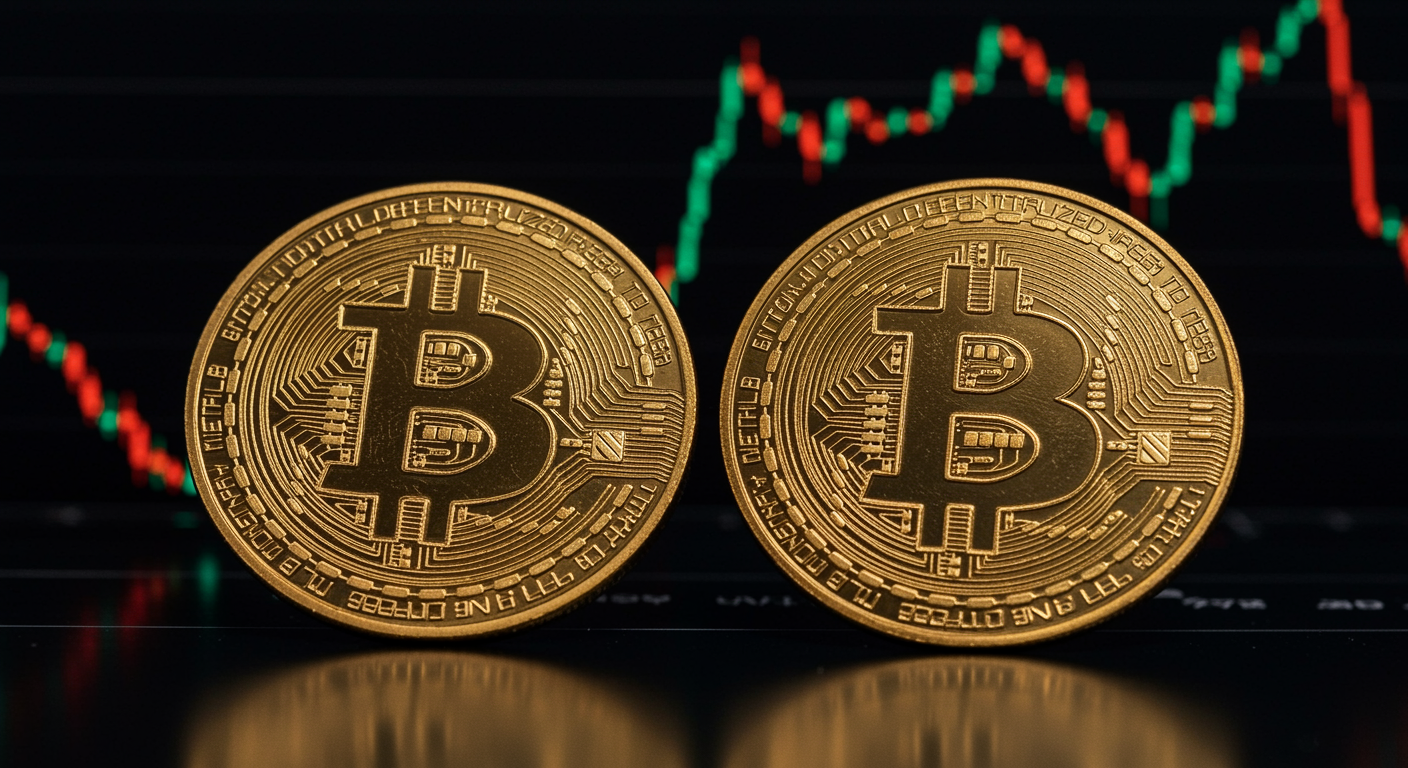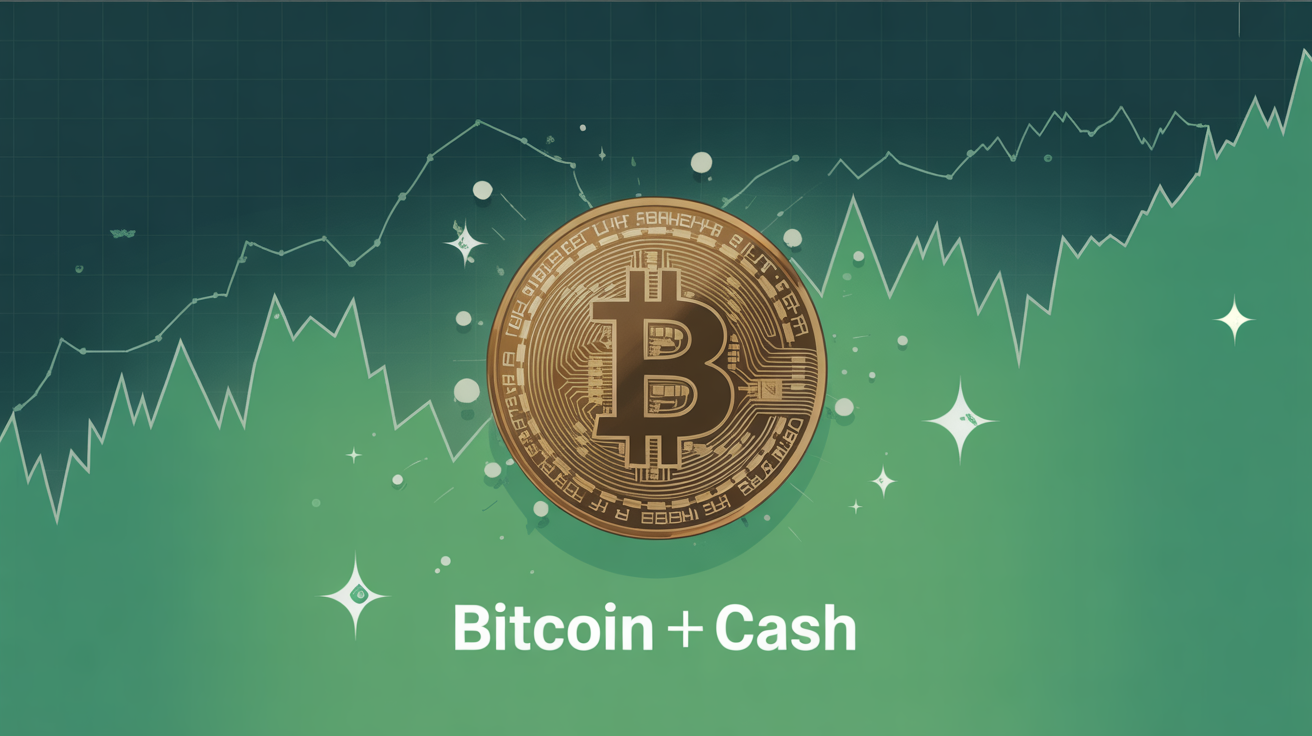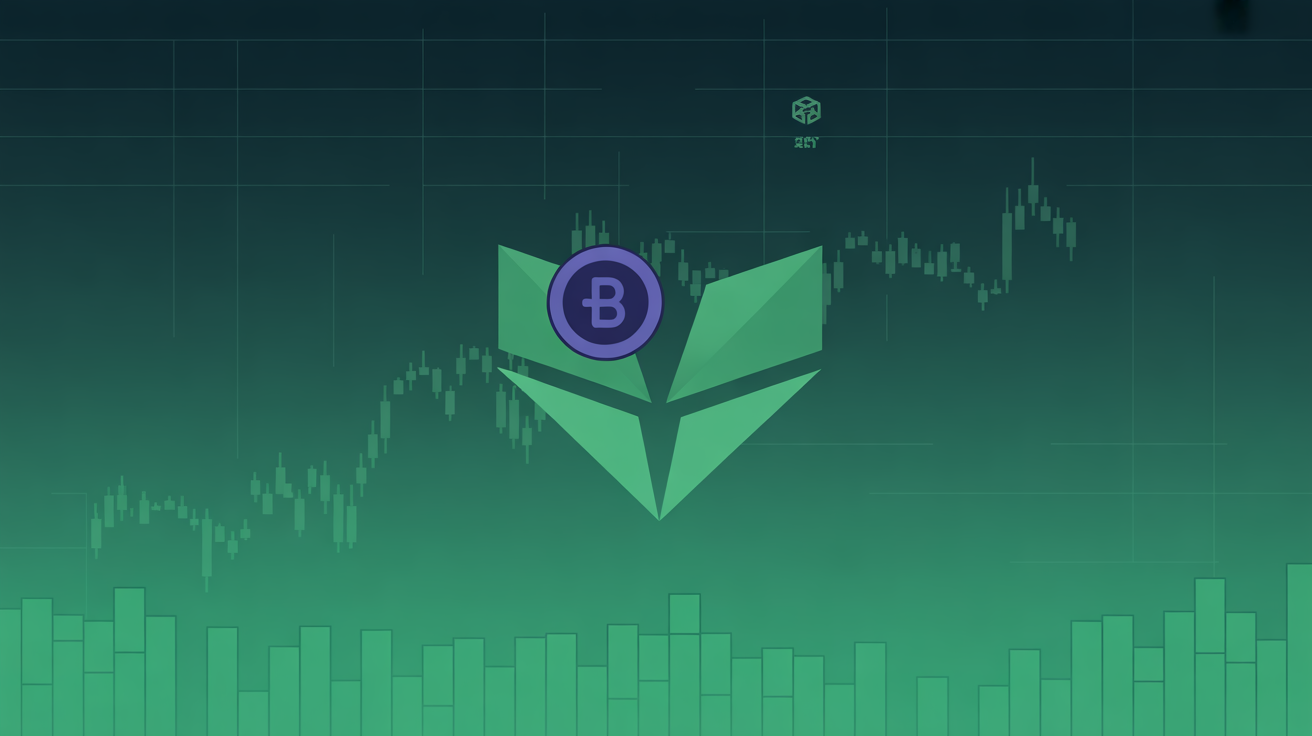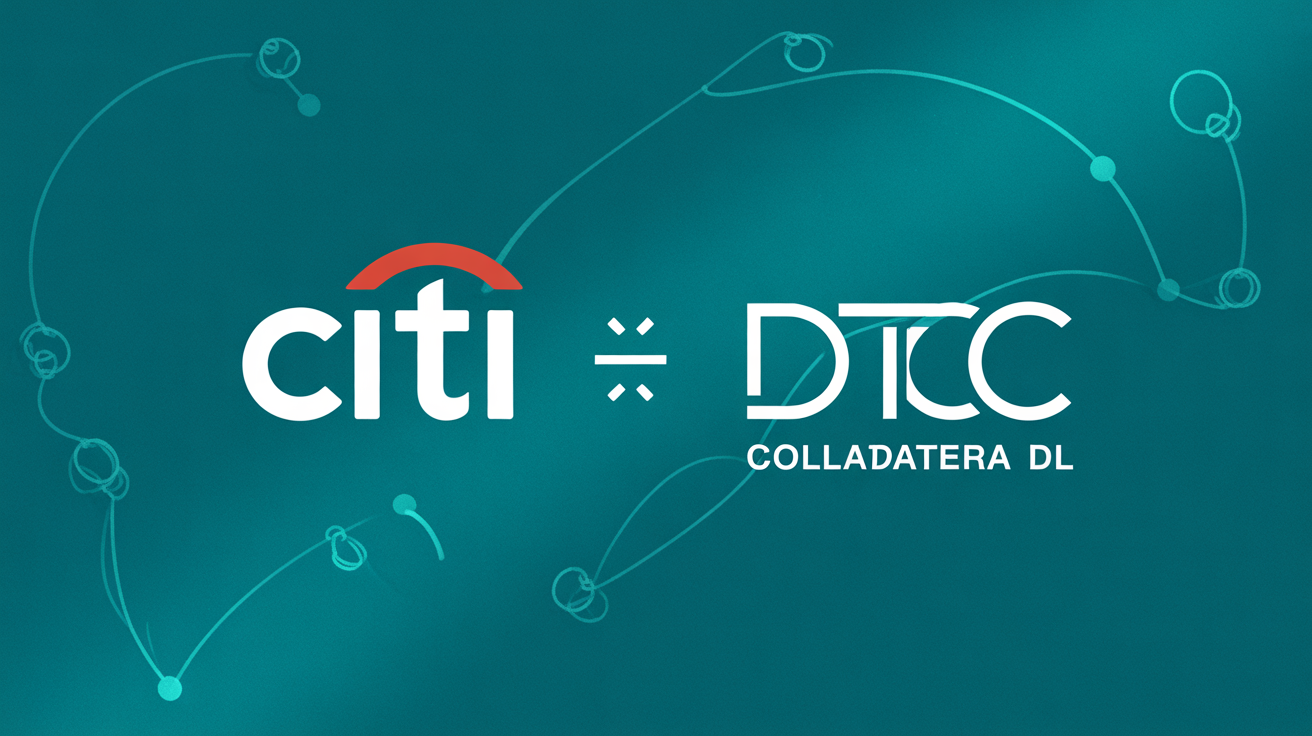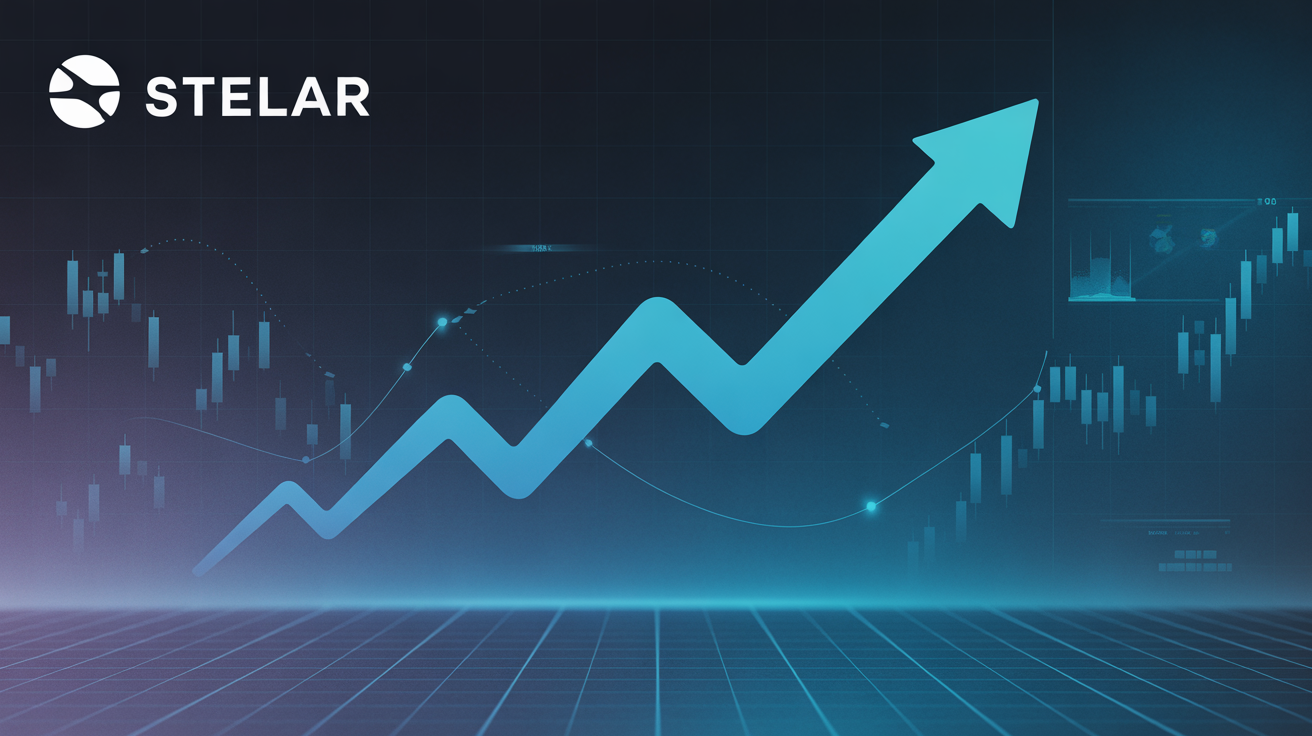Bitcoin’s $2 Trillion Market Cap Draws New Buyers, but Momentum Traders Remain Cautious, Indicating Potential Price Consolidation
Bitcoin’s (BTC) market cap surpassing $2 trillion has sparked strong interest from first-time buyers, but momentum-driven traders are showing signs of caution, suggesting a possible price consolidation ahead, according to on-chain analysis from Glassnode.
BTC’s price surpassed $100,000 last Thursday, pushing its market capitalization above the $2 trillion threshold for the first time since January 31, based on TradingView data. Since then, Bitcoin’s market cap has remained stable above the $2 trillion mark, with analysts anticipating potential record highs, particularly with upcoming U.S. inflation data due later on Tuesday.
Such bullish conditions often attract new retail investors, a trend that has been evident in recent days, suggesting a classic case of FOMO (fear of missing out). FOMO occurs when investors buy impulsively, driven by the fear of missing significant gains or seeing others benefit from rising prices. This behavior often leads to emotional, rather than rational, purchasing decisions.
“BTC Supply Mapping indicates continued strength in new demand. First-Time Buyers RSI has remained at 100 throughout the week,” Glassnode posted on X.
Glassnode’s supply-mapping tool segments investors based on their buying behavior, with first-time buyers representing wallets that have engaged with Bitcoin for the first time. The sustained RSI of 100 for first-time buyers throughout the week signals a solid level of interest from this group.
However, the data paints a less favorable picture for other investor cohorts, suggesting that Bitcoin may face a period of price consolidation or a potential pullback.
According to Glassnode, momentum buyers, who typically ride trends, are showing weak interest, with their 30-day RSI standing at just 11. Momentum traders typically bet on the continuation of an established price trend.
“Momentum Buyers remain weak (RSI ~11), while Profit Takers are increasing. If new inflows slow, a lack of momentum could lead to consolidation,” Glassnode cautioned.





